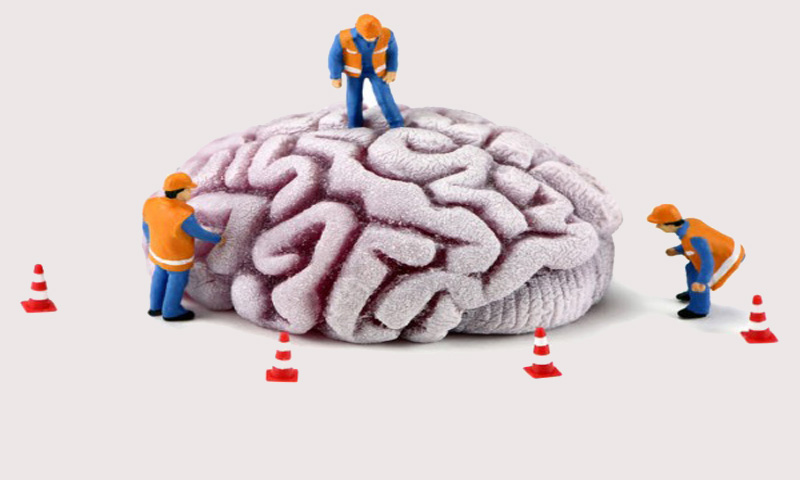If you don’t know Franz Kafka, let us tell you about one of the most prominent Czech writers who gazed deeper into the human emotional spectrum than the most. This may or may not intrigue you, but why would you want to know more about him? Because parts of Kafka proliferates in each one of us. He was someone who outlined the course of our everyday life much before you even began to work in that direction.
Kafkaesque is an addition to everyone’s vernacular talking about our understanding of the unnecessarily complicated processes we all have to go through; like being forced to navigate our way through the bureaucratic meandering. Beyond the usual pertinence of his concepts of our everyday life, who else can make it to the list of being a Kafkaesque? Anyone who digs deep into the things we do, and questions why we do it.
This might sound like not a very big ordeal, but it is. But Kafka makes us realize how success becomes a parochial or meaningless concept by the time we reach it. What else did Franz Kafka want to say?
People are Prisoners of Their Own Ego
People are indebted to work in this cycle of degradation because they are prisoners of their own ego. People take the entire burden of work onto them because they deem others to be unworthy or incapable of performing the same work better than them.
Let’s take a “REEL” life example to understand this better. Remember Walter White of Breaking Bad? He was a prisoner of his own ego. He couldn’t actually think of anyone making a purer concentration of methamphetamine better than him, which he later realized was wrong (Jesse was pretty good at it too!).
So Walter White was a Kafkaesque, like every one of us.
Kafka’s work is modern-age wrapped in historical iterations. His work doesn’t just highlight the tragic setup of the industrial age, but also the human psyche that has made us accustomed to the circle, just like hamsters in a hamster wheel.
Interpretations in the Metamorphosis: Famous Short Story in the History of Literary Fiction

The main characters of the story, Gregor Samsa, a traveling salesman wakes up to see himself turn into an insect. Lying on the bed, he wonders if all this is real and sees the clock striking past his work timings wondering how mad will his boss be.
Ultimately Gregor’s family, seeing his transformation, vehemently rejects him while his sister Greta takes care of him. He then saves up money to pay for his sister’s education while thinking his parents were unworthy of whatever he did for them. But eventually, as time passes, Gregor’s family gives him less and less of attention (including Greta) and talks about getting rid of him until finally, one, day, he dies.
His parents then celebrate the good riddance by making a visit to the countryside and enjoying the sun. The story revolves around Gregor and the sad metamorphosis of his family’s behavior towards him. Metamorphosis was one of his most celebrated work that revolves around the internal working of the mind.

His work in “The Trial” also moves past the vague laws of bureaucracy to something far more rooted and sinister- that the system in which we live, being unstoppable. The system, whose purpose isn’t to provide us with justice and equality but solely to propagate itself.
Our every word is judged by people we don’t see, laid by the rules we don’t know. But he doesn’t leave us in a hopeless modern-day conundrum, rather says that we have the power to choose a better life through improving the quality of our decisions.
Franz Kafka’s work isn’t pleasant, but we all will, at some point of our lives, intersect with the thought process of this famous writer. Maybe when we feel that the destiny is out of our control, and is being managed and mocked by society at large? Everyone has a Kafka within; we need to just realize it.







